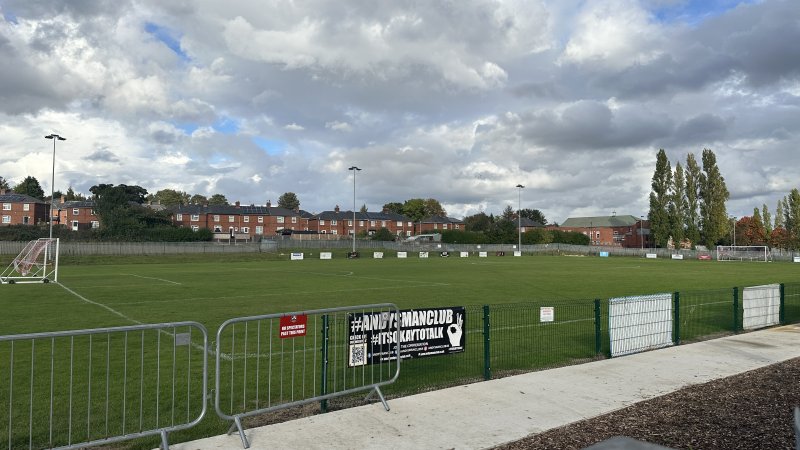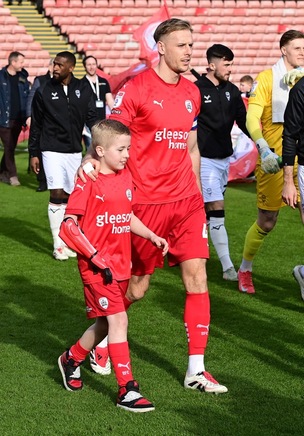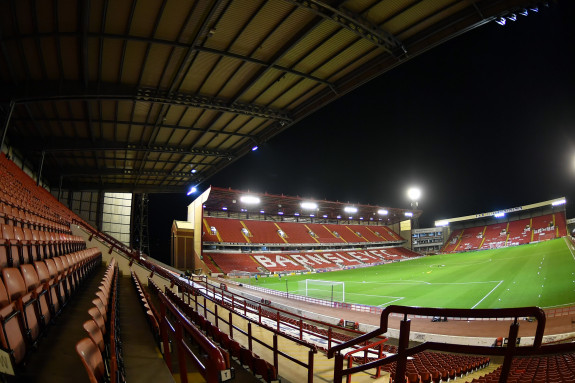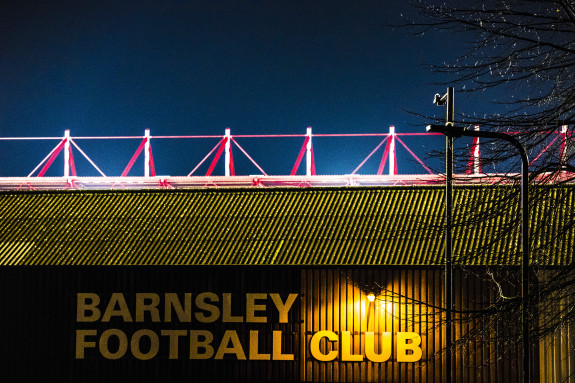EACH Thursday from September to July, I go to Salford to record my Radio 3 show The Verb.
I used to catch a bus into Barnsley to get the train but now there’s no bus that will get me there in time so I get a taxi and then catch the train.
I get to the station and check the train times: ah, the 0702 to Huddersfield is on time, as is the 0645 to Sheffield. I have two choices for my Salford trip: I can go to Manchester via Huddersfield or I can go via Sheffield.
I prefer the Huddersfield route but sometimes that isn’t practical so I go via Sheffield. So of course I got to the ticket office and I ask the very helpful staff whether the trains from Sheffield to Manchester are on time and if not, whether the ones to Huddersfield are.
And they can help me, and we can have a little chat about trains.
And I can buy the right ticket. And they remind me that if, at teatime when I come back, one of the lines is better than the other, I can go to the ticket office and change my ticket.
And, if we don’t raise our voices, that soon won’t be possible any more because there are plans to close Barnsley station’s ticket office and hundreds more ticket offices around the country.
And that would just be another example of removing real people our everyday interactions, which I reckon makes us into lesser human beings because in my opinion (and I’m not expert on evolutionary biology: let’s face it, I’m an expert on nowt) we are a species that loves to communicate with each other, with people rather than machines.
I know they say that there will be staff to talk to on the platform but I’m sure there will be job losses if they close the ticket offices, and that has to be a bad thing.
That’s why I always try to go to a real shop assistant if I’m in a shop; the automatic tills are often faster but they’re not human. They can’t ask me how I am and they can’t wish me a good day.
That’s why I prefer bookshops to Amazon; if I go to the brilliant Book Vault in town I can talk to the staff there about the kind of book I’m looking for and I can take my time as they talk me through the available volumes on the shelves.
If I buy a book from Amazon, I just click on my mobile phone and then the book arrives and I don’t get to talk to anybody unless I happen to catch the delivery person and we exchange a few words before they have to rush off to their next letterbox; that’s not the same as trying to decide which new book is the best one to buy as a present as you wander round the shop.
Recently, I was holiday in Seahouses in Northumberland on the day that the last bank in the town closed; it closed at 12noon on the Friday and I wandered by at about 11.50.
There were a couple of people in, and they were talking to the person behind the glass. I think I noticed a bunch of flowers and maybe a box of chocolates.
Outside, some men waited in a van to start moving things out of the bank once the shutters went down, which made me feel very sad. I guess next time I go to Seahouses there’ll be a bar there called The Old Bank. And that makes me feel sad, too, even though it’ll probably be a place you could definitely converse with people in.
These days, of course, a lot of banking business is done online and if you need help you talk to a chatbot which has a name but which is really just a piece of software that has no nuance, no subtlety and no sense of humour. You can’t tell a chatbot where you’re going on your holidays and follow up with a quick knock-knock joke. Believe me, I’ve tried.
Let’s try to keep and celebrate these places where talk is encouraged, shall we?
Our railway ticket offices, our shops, our banks, our cafes, our pubs, our public transport. Let’s engage with our fellow human beings rather than with machines. Let’s do the opposite of the old Elvis song: A little less action, a little more conversation.




























